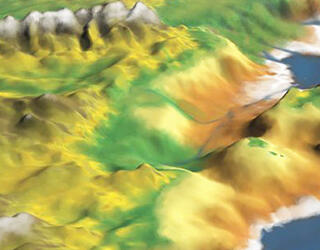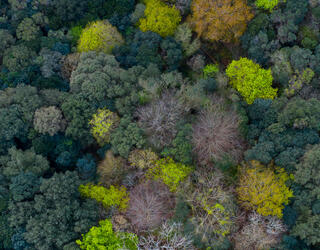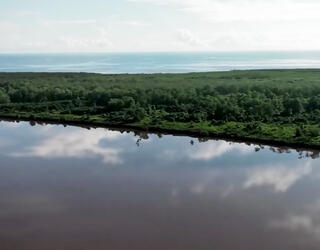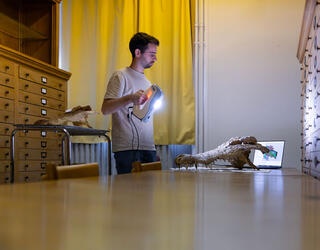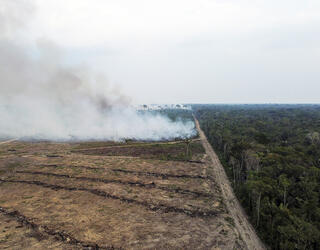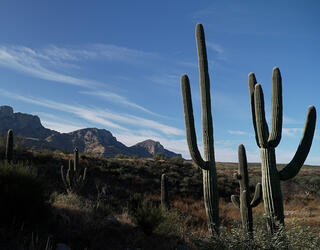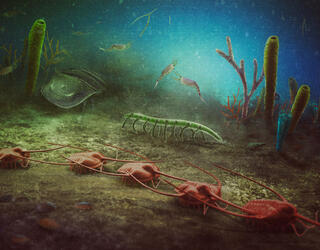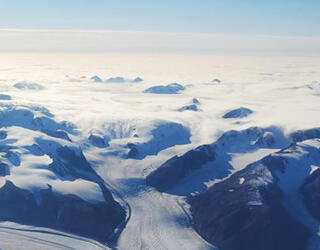Our topics
Each year, some 40 billion tonnes of CO₂, one of the main greenhouse gases, are released into the atmosphere. A significant proportion of these is captured by the oceans, vegetation and the soil....
Off the coast of the Sicilian town of Catania, an oceanographic mission studied the activity of North ALFEO, a submarine fault discovered only a decade ago. In partnership with the French daily...
The American Wild West, and especially Arizona, is not just cactuses, mountains and golden plains. Its dramatic landscapes are also audible. Anne Sourdril, a CNRS anthropologist, and her...
The Arctic is warming up four times faster than the rest of the world. The depressions that cross this region could partly explain this phenomenon. French scientists are taking a close look...






